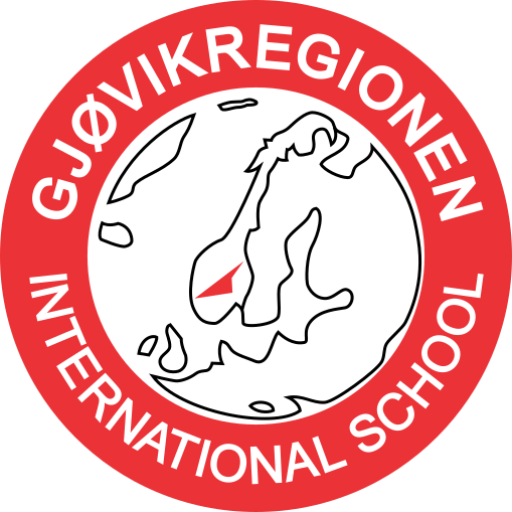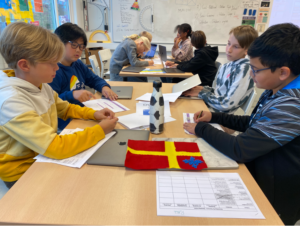The IB Primary Years Programme (PYP) has developed from research and best practice in a variety of national systems as well as international schools. As an engaging and challenging educational framework, it it encourages children to become caring lifelong learners. At the core of the programme’s philosophy is a commitment to a structured, relevant inquiry as the driving force for learning.
Six transdisciplinary themes
Globally and culturally significant themes are used to provide the framework for exploration and learning:
- who we are
- where we are in place and time
- how we express ourselves
- how the world works
- how we organize ourselves
- sharing the planet.
The school community is guided by these six transdisciplinary themes as we design units of inquiry that both cross over and enhance conventional subjects.
You can view our current Programme of Inquiry by clicking on the link below:
Subjects in the PYP
The IB PYP programme is built around six subjects:
- Language: Although the predominant part of the teaching is in English, Norwegian is taught to native and non-native speakers. Norwegian teaching provides an opportunity to not only learn the language, but also to learn about the culture of Norway and the Gjøvik region.
- Mathematics
- Science
- Social studies
- Physical, social and personal education
- Arts
PYP Curriculum Guides
PYP teachers at GIS use the following IB scope and sequence documents to develop specific programming and learning goals at each grade level.
The language, mathematics, arts and PSPE (personal and social education) are organized around “phases” rather than by grade levels. This is in recognition that learning is a developmental process and that learners do not always progress through stages in a sequential manner or by age. The resulting continuums outline the big understandings that need to be developed and demonstrated at each phase.
Primary teachers use many varied books, manipulatives and online materials to make these curriculum guides come to life in their classrooms.
For further information about PYP curriculum materials, please ask your child´s homeroom teacher, or contact Mr James Browning (PYP coordinator) at james.browning@gjovikis.no
Assessment
Subject to successful authorization, we will be using the IB PYP assessment methodology.
The purposes of assessment in the PYP are to:
- Promote student learning
- Provide information about student learning
- Contribute to the successful implementation of the programme.
Through assessment, the IB helps schools teaching the Primary Years Programme (PYP) to identify what students know, understand, can do and value at different stages in the teaching and learning process.
In the PYP, learning is viewed as a continuous journey, where teachers identify students’ needs and use assessment data to plan the next stage of their learning.
Teachers use a wide range of assessment strategies to collect information on each of the elements represented in the written curriculum: the understanding of concepts, the acquisition of knowledge, the mastering of skills, the development of positive attitudes and the ability to take responsible action.

